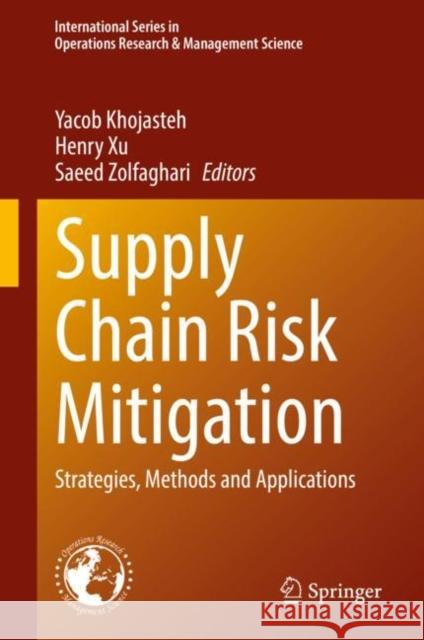Supply Chain Risk Mitigation: Strategies, Methods and Applications » książka
topmenu
Supply Chain Risk Mitigation: Strategies, Methods and Applications
ISBN-13: 9783031091827 / Angielski / Twarda / 2022 / 360 str.
Supply Chain Risk Mitigation: Strategies, Methods and Applications
ISBN-13: 9783031091827 / Angielski / Twarda / 2022 / 360 str.
cena 201,72
(netto: 192,11 VAT: 5%)
Najniższa cena z 30 dni: 192,74
(netto: 192,11 VAT: 5%)
Najniższa cena z 30 dni: 192,74
Termin realizacji zamówienia:
ok. 16-18 dni roboczych.
ok. 16-18 dni roboczych.
Darmowa dostawa!
Kategorie:
Kategorie BISAC:
Wydawca:
Springer International Publishing AG
Seria wydawnicza:
Język:
Angielski
ISBN-13:
9783031091827
Rok wydania:
2022
Ilość stron:
360
Wymiary:
23.5 x 15.5
Oprawa:
Twarda
Dodatkowe informacje:
Wydanie ilustrowane











